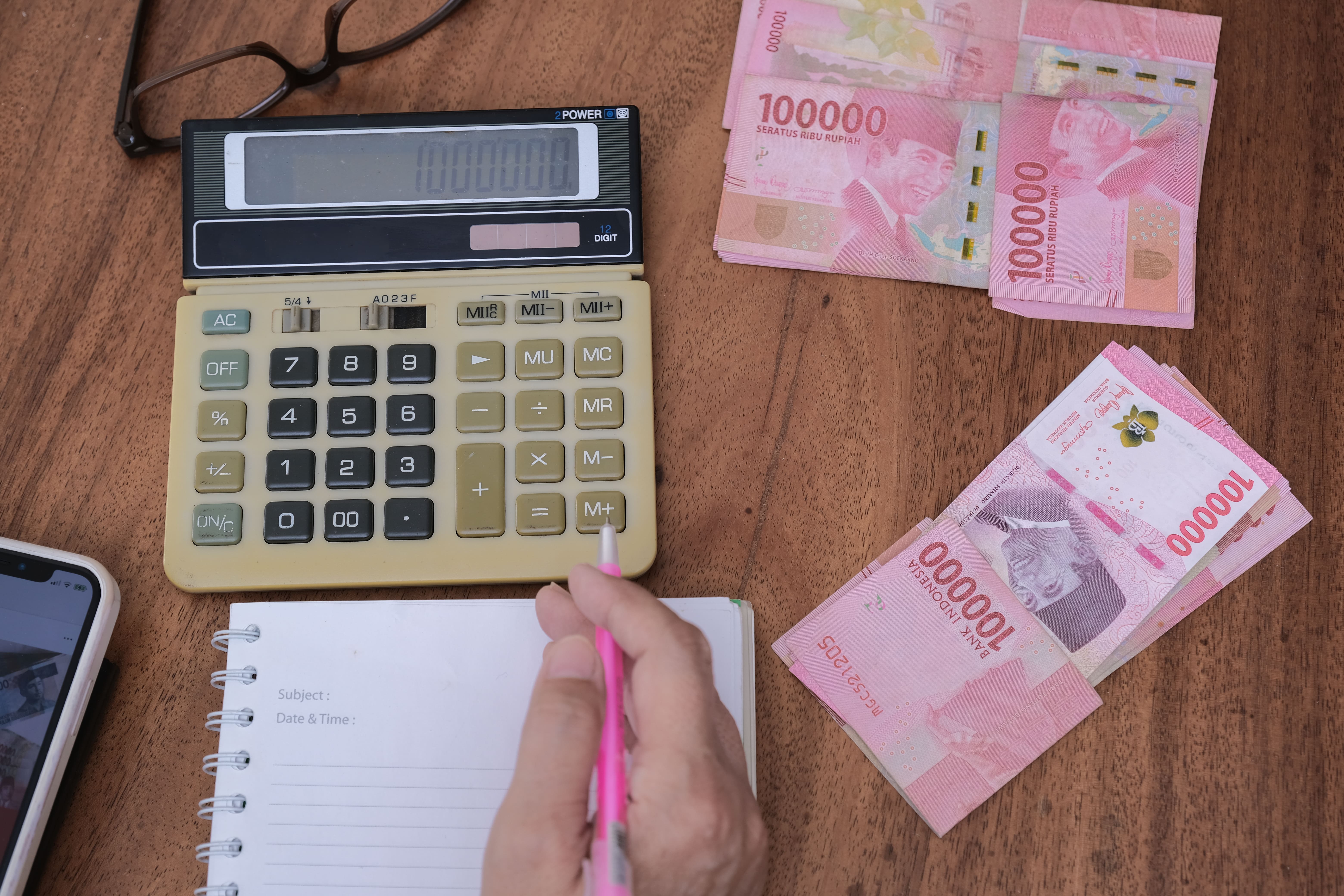Ban on Dollars in Indonesia

Two Prices - One Big Risk!
The company PT PMA ROGA AND KOPITA was summoned for an interview with the police because the website listed the US dollar equivalent next to the price in rupiahs (IDR) for reference. For foreign users, this seemed like a convenient hint, but the oversight considered it as “Dual quotation” – simultaneous indication of the price in IDR and foreign currency. The company was threatened with criminal charges for violating currency laws. The situation is not funny at all, as the accusations are aimed at the business effectively imposing payments in foreign currency and accepting them.
Is There Really Such a Law?
Law No. 7/2011 on currency establishes the following legal norms:
Art. 21(1): all payments in the territory of Indonesia are in rupiahs.
Art. 23(1): it is prohibited to refuse IDR or demand foreign currency.
Art. 33: there is a possibility of criminal liability (up to 1 year in prison and a fine of up to Rp 200 million) for imposing another currency.
Bank Indonesia Regulation No. 17/3/PBI/2015 and BI Circular No. 17/11/DKSP (01.06.2015) specify the price display: prices must be published only in rupiahs, and dual quotation (IDR + foreign currency simultaneously) is prohibited. For violation, there are administrative sanctions: a written warning, a fine of up to 1% of the transaction amount (but not more than Rp 1 billion), and other supervisory measures.
In the explanations, Bank Indonesia allows the use of a reference formula/equivalent for foreign clients, exclusively under the conditions that all agreements/invoices and actual payments are strictly in IDR. Unfortunately, this formulation is not in the legislation, and therefore this norm is interpreted differently depending on the accuser.
Police Investigation
After a long conversation and investigation, it was decided to collect and present to the regulator documents confirming payments only in the state currency: contracts, invoices, and financial statements.
Simultaneously, they corrected the site and removed the second currency, leaving only the IDR price. A version of the correct reference formula was compiled to attempt to find out how to display this function so as not to turn it into a “second price” and not create such precedents.
At the interview, we submitted structured explanations:
“Dual quotation” arose as a visual inaccuracy of the display, not as an attempt to accept payment in foreign currency;
There is no material violation of Law No. 7/2011, because payments were made in IDR and all necessary evidence was provided.
The violation in form has been rectified, and the price display on the website has been updated.
This set of facts allowed the case to be moved from a “criminal shadow” to an administrative dialogue and resolved peacefully, explaining the entire situation.
Everyone Draws Their Conclusions
To avoid attracting unnecessary attention and questions from regulators, do not list prices in foreign currencies, keep the price only in IDR, follow procedures, and prepare all documents for future reporting.
Contracts, invoices, and actual payments should strictly be in rupiahs;
Websites, price lists, menus, and offers – only in rupiahs;
Internal procedures and reporting – in accordance with currency legislation and Bank Indonesia requirements.
The cleaner the display and record-keeping, the lower the risk of attracting attention to this issue.















